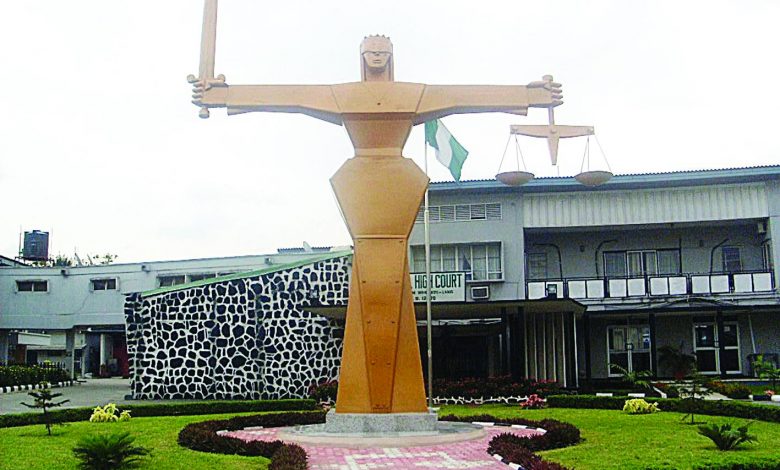
By Tony Okafor
In recent times, there has been a growing trend to hastily label defamation as a criminal offence.
This approach is not only misguided but also poses a significant threat to freedom of expression and the fundamental principles of justice.
Defamation, by its very nature, is a civil wrong that involves the making of false statements that damage someone’s reputation.
In most cases, the appropriate remedy for defamation is a civil lawsuit, where the aggrieved party seeks compensation and damages for the harm caused to their reputation.
Criminalizing defamation can have far-reaching and devastating consequences.
It can stifle free speech, intimidate journalists and whistleblowers, and create a culture of fear and self-censorship.
Furthermore, criminal defamation laws are often exploited by those in power to silence their critics and opponents, leading to a miscarriage of justice.
It is essential to recognize that defamation is, in most cases, a civil matter that should be resolved through the courts in a fair and impartial manner, rather than through police intervention.
Rushing to criminalize defamation can have unintended consequences that undermine the very fabric of our democracy.
We urge policymakers, relevant institutions, and especially the police to exercise caution and restraint when dealing with defamation cases.
Instead of hastily labeling defamation as a criminal offence, they should focus on strengthening our civil laws and institutions to provide adequate remedies for those whose reputations have been damaged.
By doing so, we can ensure that justice is served, freedom of expression is protected, and our democracy remains vibrant and healthy.



